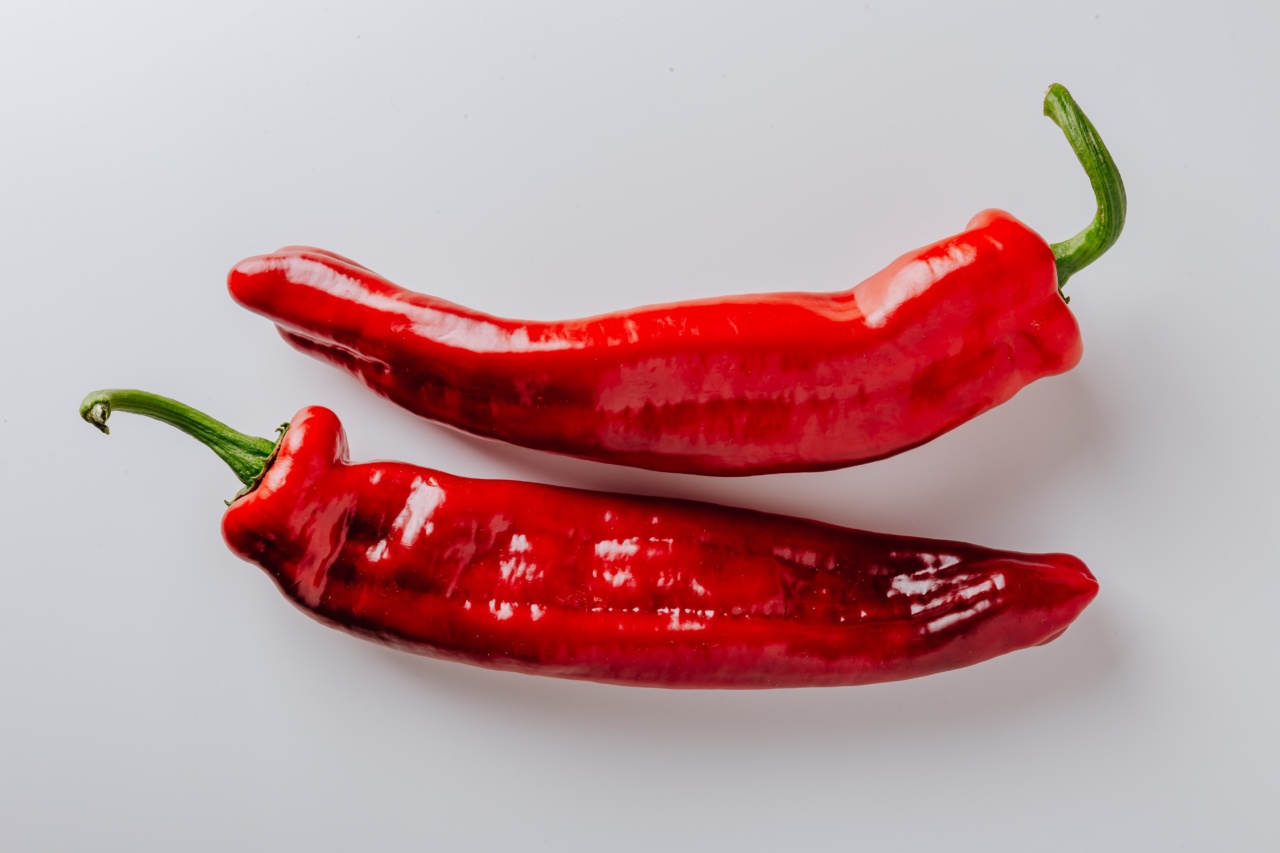Spicy food is loved by millions worldwide, but what impact does it have on your health? Recent studies have led to speculation that there may be a link between consuming spicy food and an increased risk of developing dementia.
While further research is still needed to confirm this link, it is important to understand the potential risks posed by your favorite spicy dishes.
The Science Behind the Link
In 2015, a study conducted by researchers from the University of South Australia found evidence of a connection between eating spicy food and an enhanced risk of cognitive decline.
The study used data from the China Health and Nutrition Survey, which included information about the diets and health of over 4000 Chinese adults aged 55 and above.
Those who reported consuming more than 50 grams of chili peppers per day were found to be more likely to experience poor cognitive function than those who ate less than this amount.
In a follow-up study conducted in 2017, researchers from the same university found that a compound found in chili peppers called capsaicin could damage neurons in laboratory tests.
How Spicy Food Could Affect Your Brain
There are several ways in which consuming spicy food has been suggested to increase the risk of dementia. Firstly, it is thought that the high levels of capsaicin found in chili peppers could lead to inflammation in the brain.
Chronic inflammation has been linked to a range of health problems, including cognitive decline, Alzheimer’s disease, and stroke.
The brain is particularly sensitive to this inflammation, as it can interfere with the neurons responsible for the brain’s cognitive functions.
In addition to inflammation, consuming spicy food has been shown to increase the levels of stress on the body.
This stress is thought to be caused by the activation of the body’s “fight or flight” response, which causes the release of stress hormones such as adrenaline and cortisol. These hormones can negatively impact the brain if they are secreted frequently and in high amounts.
Other Potential Health Risks of Spicy Food
In addition to the potential risk of dementia, consuming spicy food has been linked to a range of other possible health issues. One of these is the risk of developing heart disease.
Research has shown that people who consume spicy food regularly are more likely to have high blood pressure and high cholesterol, both of which are risk factors for heart disease.
Additionally, spicy food has been shown to increase the risk of stomach ulcers, especially in people who already have a history of digestive problems.
What to Do if You Love Spicy Food
If you love spicy food, you do not necessarily need to cut it out of your diet completely. However, it is important to consume it in moderation and to take steps to mitigate any potential risks.
One way to reduce the risk of dementia is to balance the consumption of spicy food with other healthy habits. This could include regular exercise, a balanced diet, and regular visits to your healthcare provider for check-ups.
Additionally, it may be helpful to reduce the overall amount of spicy food in your diet and to opt for milder ways of seasoning your food.
This could include using herbs and spices such as parsley or oregano, which have been shown to have a range of health benefits without the potential side effects of spices like chili peppers.
Conclusion
While further research is still needed to confirm the link between spicy food consumption and dementia, there is evidence to suggest that there may be a connection between the two.
To reduce your risk of developing dementia or other health issues, it is important to consume spicy food in moderation and to take steps to mitigate any potential risks.


























